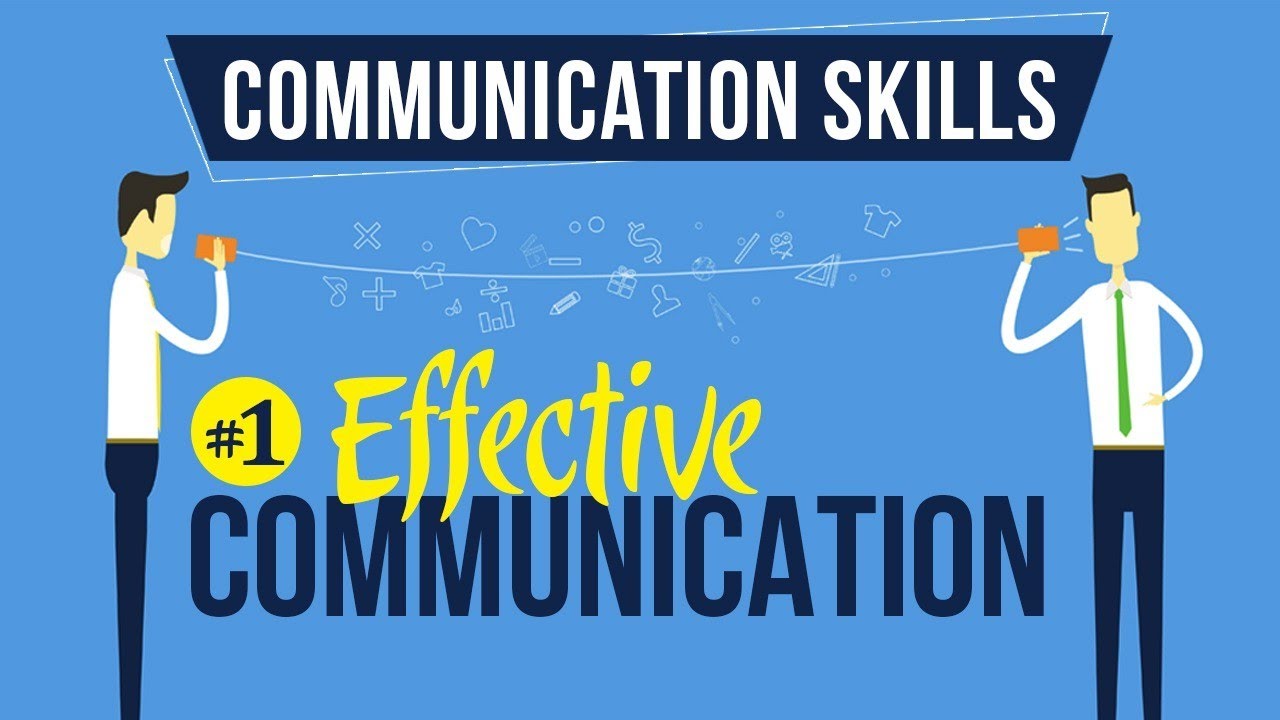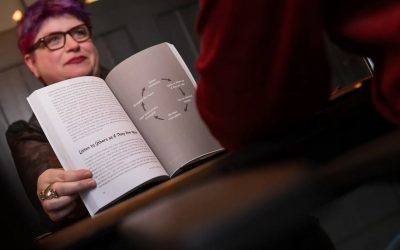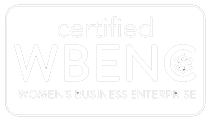Effective Communication Skills Advance Diversity Training
Better communication leads to better connections.
If you’ve been following the thread from my book, Good Enough Now, this should be obvious to you. But it’s okay if you didn’t get there on your own.
Communication skills are an acquired ability.
If you’ve been conditioned to believe that there are “natural born communicators” and people who just stink at it, someone has ripped you off.
Marcus Aurelius summed it up nicely…
So, someone’s good at taking down an opponent, but that doesn’t make them more community-minded, or modest, or well-prepared for any circumstance, or more tolerant of the faults of others.
So now is the time to make a choice; what do you want to get better at? If you’re trying to hone your diversity training skills, I have some suggestions…
You have an opportunity to be better
You’ll find the deep dive into this topic in Chapter Six of my book, Good Enough Now.
To understand how communication works in the first place, we must take a moment to think about what occurs during miscommunication and misconnection.
We are good enough to connect with ourselves and with others intentionally.
We easily communicate with our inner voices as well as with those closest to us.
Even in a fleeting contact with a random stranger, we are responsible for who and how we show up.
We find support for these assertions from the authors of Crucial Conversations, who describe a powerful connection as:
A discussion between two or more people where…
- The stakes are high.
- Opinions vary.
- Emotions run strong.
The authors further illuminate our typical responses when faced with this kind of engagement opportunity. Patterson, Grenny, McMillan, and Switzler write:
- We can avoid them.
- We can face them and handle them poorly.
- We can face them and handle them well.
After reading too many books on communication, it seems clear that most authors agree.
Every act of communication requires a minimum of three players: the Sender, Receiver, and Observer.
The Sender communicates a message to the Receiver.
The Observer isn’t intended to be a part of the conversation but observes it, overhears it, or learns about it.
This leads to several miscommunications and misconnections.
After years of diversity training and related conversations, I posit that it’s our communication skills that need attention – across any difference and in any context.
It’s a bold statement, but if we can claim responsibility for who and how we are with others, that, in itself, will affect our communications and our relationships.
Effective communication skills start from the inside out
Most communication and conversation books I have read focus on the outside connections.
But, to add an extra layer of complexity, each player holds a combination of lived experiences, identities, response patterns, and behavioral patterns.
Each player has experienced their own crucible moments, informing their inside voice and impacting who and how they show up with others.
I propose that these same learning tools can be applied to our inner conversation as well. This cycle must be done intra-personally, as well as with those around us, in order to form a habit.
Think about times when you’ve been a third party in a conversation.
Did you understand the context? Did you make judgments about the content of the conversation?
Before you judge, check in with yourself
It’s essential to check in with yourself before weighing in.
We have people in our lives who have survived a lot of time with us. That history alone makes them connections for life.
Our closest circle of connections weather a lot of storms.
Missed connections aren’t just for strangers, colleagues, coworkers, and the like. I’ve lost some of my closest friends because of a pile-up of miscommunications that resulted in the end of a relationship…
Romantic breakups, moving, lost jobs, the end of a volunteer role or any other significant life change may impair our connections with one another.
We must take responsibility for the connection we had, have, and will make. Thus, self-work revolves around connecting, reconnecting, and making better connections with our own lived experiences and habitual behavioral responses.
All connections hold power.
3 steps towards powerful connections
Powerful connections are key to showing up and allowing others to do the same.
This involves a three-step process – simple but not easy.
- Choose to engage.
- Choose to care.
- Choose vulnerability.
If we wish to make our connections better, we must choose to…
- intentionally enter into a conversation
- listen with empathy
- form our messages with a complete understanding of how our backgrounds and lived experiences inform our communications
- claim responsibility for our intentions as well as the impact of our messages
- ensure that each exchange leads to better connections
You can take your communication skills to the next level
It’s important to listen when you’re engaged in diversity training, not just to those around you. You must listen to the dialogue in your head.
I’ve talked about The Golden Rule before…the notion that you should “do unto others as you would have done unto yourself”. And you probably know that I don’t fully embrace that philosophy.
I’d rather that you actively listen to your colleagues and try to anticipate what they’re expecting from your interaction. Their needs are, undoubtedly, different from yours. So, meet them where they’re at…and that’s where the genuine dialogue begins.
Would you like support as you start on your journey? I’m here to help. Contact me.
Take Your Event To The Next Level, Book Jess Today!
Take Your Event To The Next Level, Book Jess Today!
Related Blog Posts
Remove excuses, learn from failed attempts, and get back to work
Remove excuses, learn from failed attempts, and get back to work My Uncertainty research is coming together nicely, there is still time to participate if you are interested - see below. A third theme that is showing up speaks to a feeling of...
Motivate and inspire employees to act as participants in their own personal/professional growth
Motivate and inspire employees to act as participants in their own personal/professional growth As I am compiling my research results, I have to be honest, I love that both personal and professional growth is showing up as a pattern of attention in...
Successfully disrupt the normalized status quo for good
Successfully disrupt the normalized status quo for good I, Jess Pettitt, am always listening and learning. After doing some research on uncertainty with my followers and audience participants, it turns out that one of the biggest fears that is...










0 Comments